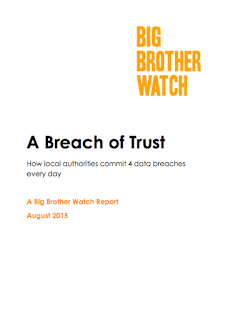As Deputy Commissioner David Smith completes his last lap of the
data protection conference circuit, various speakers are extending their
hastily-prepared remarks to include a short homily on his contribution to data
protection over the decades. Yes, he really has been at the ICO for decades.
It's a convention that public servants are never presented with
anything other than small tokens of appreciation from grateful hosts. It’s the
ICO’s practice for gifts to be declared in a central register and, to the
extent that is practical, for them to be used as prizes at the ICO’s annual
Xmas raffle.
At it's summer party last night, the Crouch End Chapter of the
Institute of Data Protection decided not to present David with a physical token
of their appreciation of his work. Instead, a toast was proposed by the
Chairwoman of the Dagenham Data Practitioners, who had been invited to the
party along with all the other members of the DDP.
To round off the evening, we sang an ode in David’s honour. The
words are reproduced below, in case the ICO Chorus fancy sending David off in
song, too.
Eternal David, strong to save,
We thank you for advice you gave,
You bidd'st the mighty Google deep
Its own appointed limits keep;
Oh, hear us when we cry to Thee,
For those in peril because of me
O Dave! Whose voice we always heard
And hushed our raging at Thy word,
Your temper never would explode,
Just point us to a data Code;
Oh, hear us when we cry to Thee,
For those in peril because of me
Most gentle Smithie! Who didst brood
Upon the chaos dark and rude,
And bid its angry tumult cease,
And give, for wild confusion, peace;
Oh, hear us when we cry to Thee,
For those in peril because of me
And now you’re off! It is the end
Of
kind words from a distant friend;
We hope and pray the next one in
Will forbear us should we start to sin,
Support us when we cry oh ****
Our data’s gone, we’re out of luck
.








